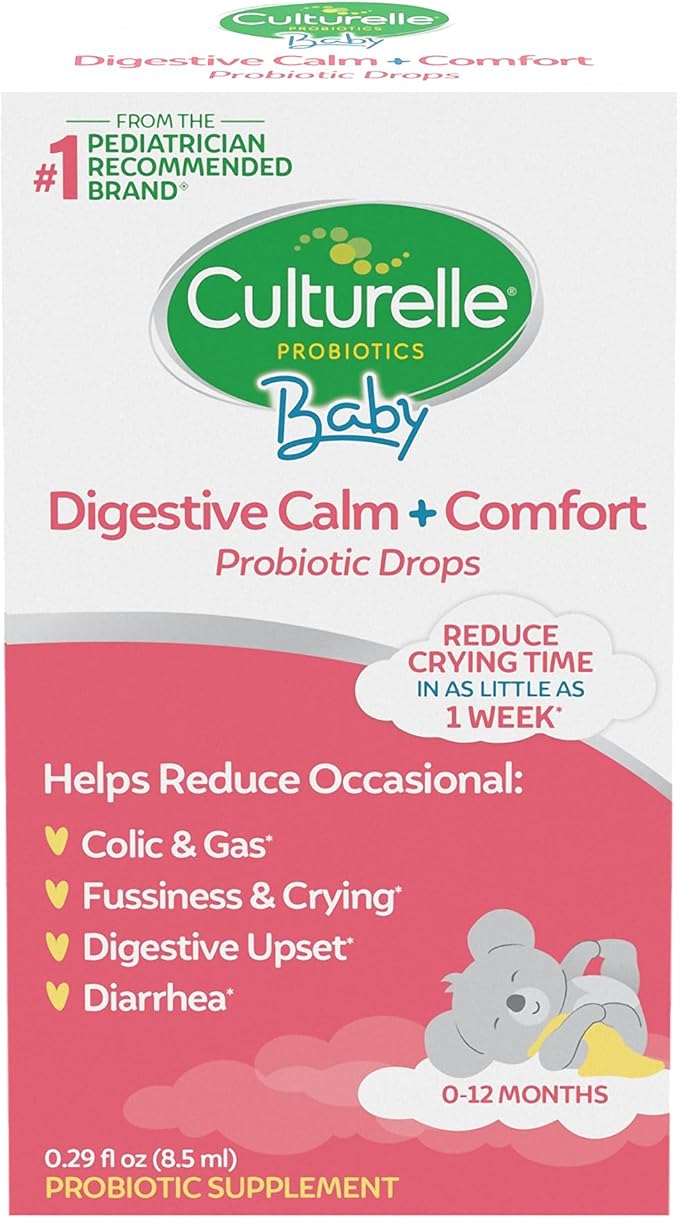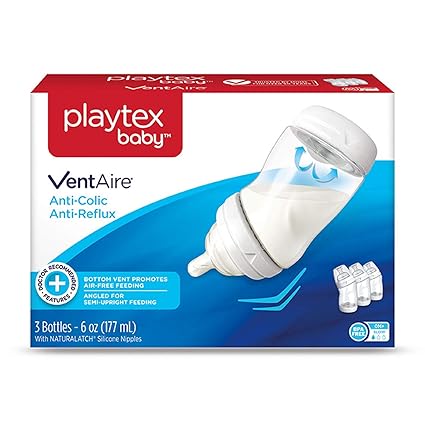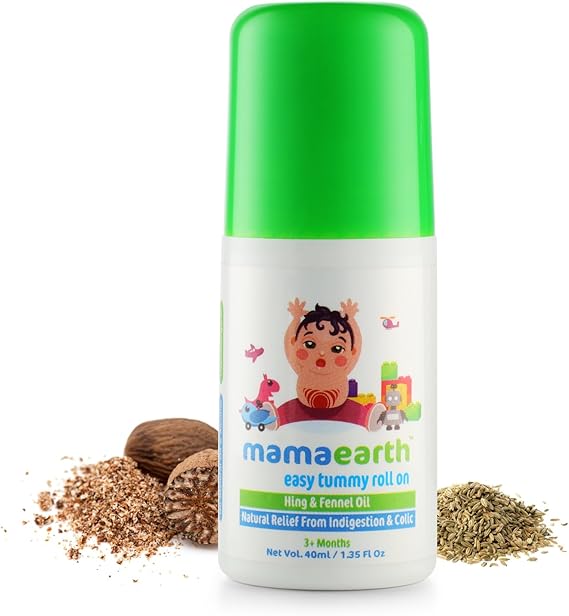Baby reflux, medically known as gastroesophageal reflux (GER), is a common condition in infants where stomach contents flow back into the esophagus. This can cause discomfort, irritability, and feeding difficulties. Though it often resolves itself by the time a child reaches one year old, it can be distressing for both the baby and the parents. Understanding the symptoms and finding ways to alleviate your baby's discomfort is essential for maintaining peace in your household.
Other Topics You Might Like
Helpful Products You Might Like

Culturelle Baby Digestive Calm & Comfort Probiotic Drops

Playtex Baby VentAire Anti Colic Bottle

Mamaearth Easy Baby Tummy Roll On for Digestion & Colic Relief
"(Paid Links)" 
Recognizing the Symptoms
Common signs of reflux in infants include.
Spitting Up
This is the most recognizable symptom. While it’s normal for babies to spit up occasionally, excessive spitting up can be a sign of reflux.
Irritability During Feeding
If your baby cries or seems uncomfortable during or after feedings, reflux may be at play.

Arching Back
Many babies with reflux arch their backs or appear to be in discomfort after eating.
Frequent Hiccups or Coughing

Reflux can lead to irritation in the throat and airways, resulting in frequent hiccups or coughing spells.
Feeding Techniques
Adjusting how and when you feed your baby can significantly help manage reflux symptoms.
Smaller, More Frequent Feedings
Instead of large meals, offer smaller amounts of milk or formula more often. This can reduce the volume of food in the stomach and lessen the likelihood of spitting up.
Keep Baby Upright
Hold your baby upright during feedings and for about 30 minutes afterward. This helps gravity keep the milk down.

Burp Frequently

Burp your baby several times during feeding to release any trapped air that could lead to discomfort.
Positioning Your Baby
Proper positioning can also help ease the symptoms of reflux.
Elevate the Crib
Consider elevating the head of the crib or bassinet slightly. This can help prevent the stomach contents from moving back into the esophagus during sleep.

Tummy Time
While tummy time should be supervised, it can help strengthen your baby’s muscles, aiding in digestion.
Dietary Considerations
For breastfeeding mothers, dietary changes may have a positive impact on reflux.
Avoid Trigger Foods

Some foods like chocolate, caffeine, spicy dishes, or dairy products may affect your baby through breast milk. Pay attention to your diet and note any correlations with your baby's symptoms.
For formula-fed babies, consult with your pediatrician about trying a hypoallergenic formula if you suspect a sensitivity.
Consulting Your Pediatrician
If your baby's reflux seems severe or is accompanied by other concerning symptoms, such as poor weight gain or persistent vomiting, consult your pediatrician. They may recommend a specialized formula or medications to help reduce the acidity of the stomach contents.
Lifestyle Changes for Parents
Caring for a baby with reflux can be challenging, and it's important to take care of yourself as well.
Join a Support Group
Connecting with other parents facing similar challenges can provide emotional support and practical advice.
Practice Patience
Understand that reflux often improves with time. Being patient and consistent with your strategies can lead to better outcomes.
Conclusion
Baby reflux is a common issue that many families face. By understanding the symptoms, employing effective feeding techniques, and consulting with healthcare professionals, you can help your baby feel more comfortable. With time and patience, most babies outgrow reflux, leading to happier, healthier days ahead.
